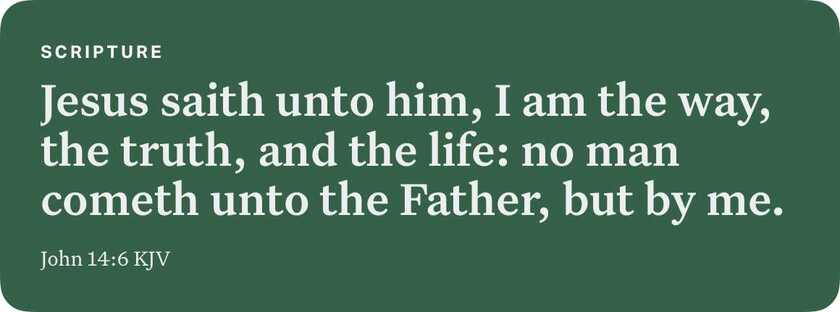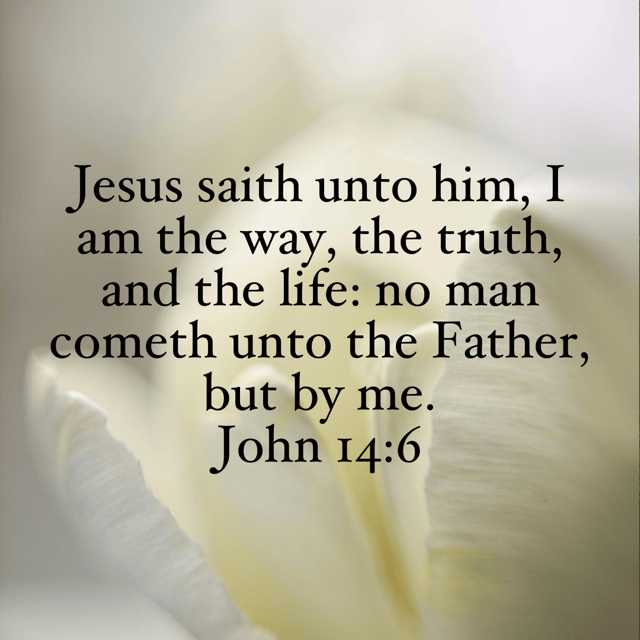I will share about Christian books I have read or listened to.
I will be sharing about my life before and after Christ. I will include stories about my pet and other pets I have encountered.
Be Strong and Courageous
When Paul wrote his first letter to the Corinthian church, he was writing to believers experiencing intense division.
Power and politics within the church community were causing Christians to stray from Jesus’ teachings and compete with each other. Because of this, the poor suffered, people were confused, and immorality was tolerated.
So, after calling out their mistakes and showing them how to live Spirit-filled lives, Paul summarized his desire for the Corinthians with these words:
"Be on guard. Stand firm in the faith. Be courageous. Be strong."
1 Corinthians 16:13 NLT
"Be on guard." Paul uses this phrase to remind his friends to keep watch over their lives, their community, and their choices. He knew that if they didn’t stay aware, they wouldn’t notice the lies, tricks, or deceptions the devil was using to infiltrate their community.
"Stand firm in the faith." Immorality was a major issue in the Corinthian church. But instead of addressing this problem, Corinthian Christians tolerated it. So Paul reminded them that they were one body. If one person was allowed to disrespect God, then they were all part of the problem. Their ultimate desire should be to please God, not people.
"Be courageous. Be strong." In order to resist spiritual attacks, the Corinthians needed to stand strong together. They needed to courageously use their gifts and talents to strengthen their church community and help it grow—even when it seemed counter-cultural and uncomfortable.
So what steps will you take to stand firm in what you believe with strength and courage? As you determine what choices you need to make, remember that God fights for you and His Spirit is with you.
“Then all Israel gathered themselves to David unto Hebron, saying, Behold, we are thy bone and thy flesh. And moreover in time past, even when Saul was king, thou wast he that leddest out and broughtest in Israel: and the LORD thy God said unto thee, Thou shalt feed my people Israel, and thou shalt be ruler over my people Israel. Therefore came all the elders of Israel to the king to Hebron; and David made a covenant with them in Hebron before the LORD; and they anointed David king over Israel, according to the word of the LORD by Samuel. And David and all Israel went to Jerusalem, which is Jebus; where the Jebusites were, the inhabitants of the land. And the inhabitants of Jebus said to David, Thou shalt not come hither. Nevertheless David took the castle of Zion, which is the city of David. And David said, Whosoever smiteth the Jebusites first shall be chief and captain. So Joab the son of Zeruiah went first up, and was chief. And David dwelt in the castle; therefore they called it ...
















